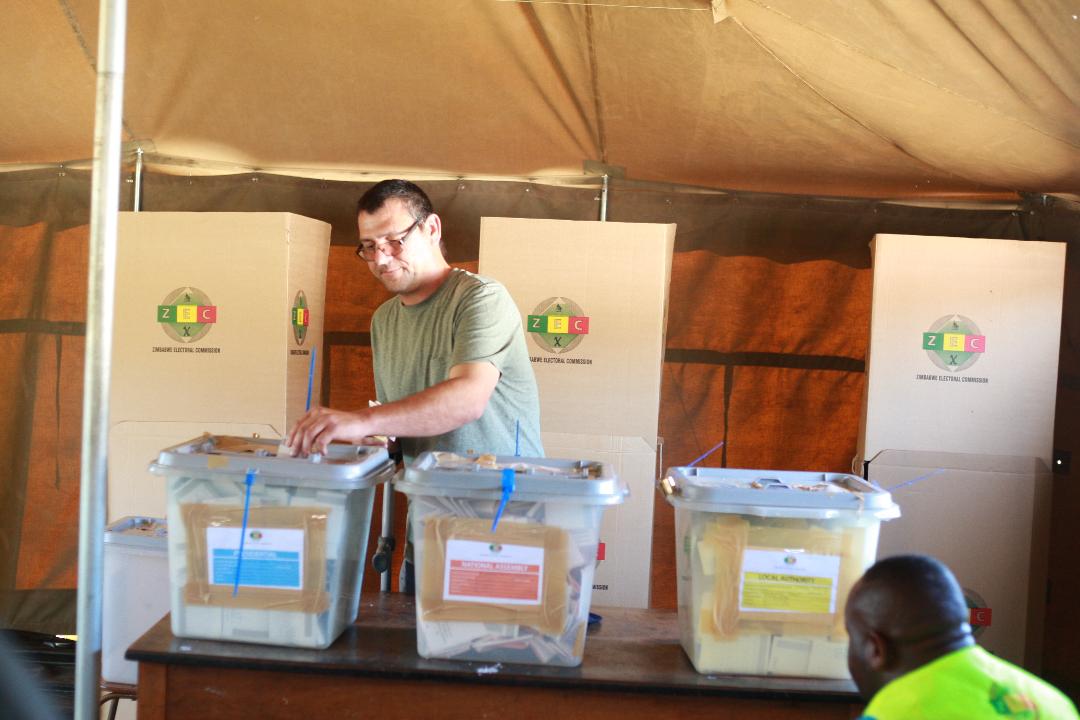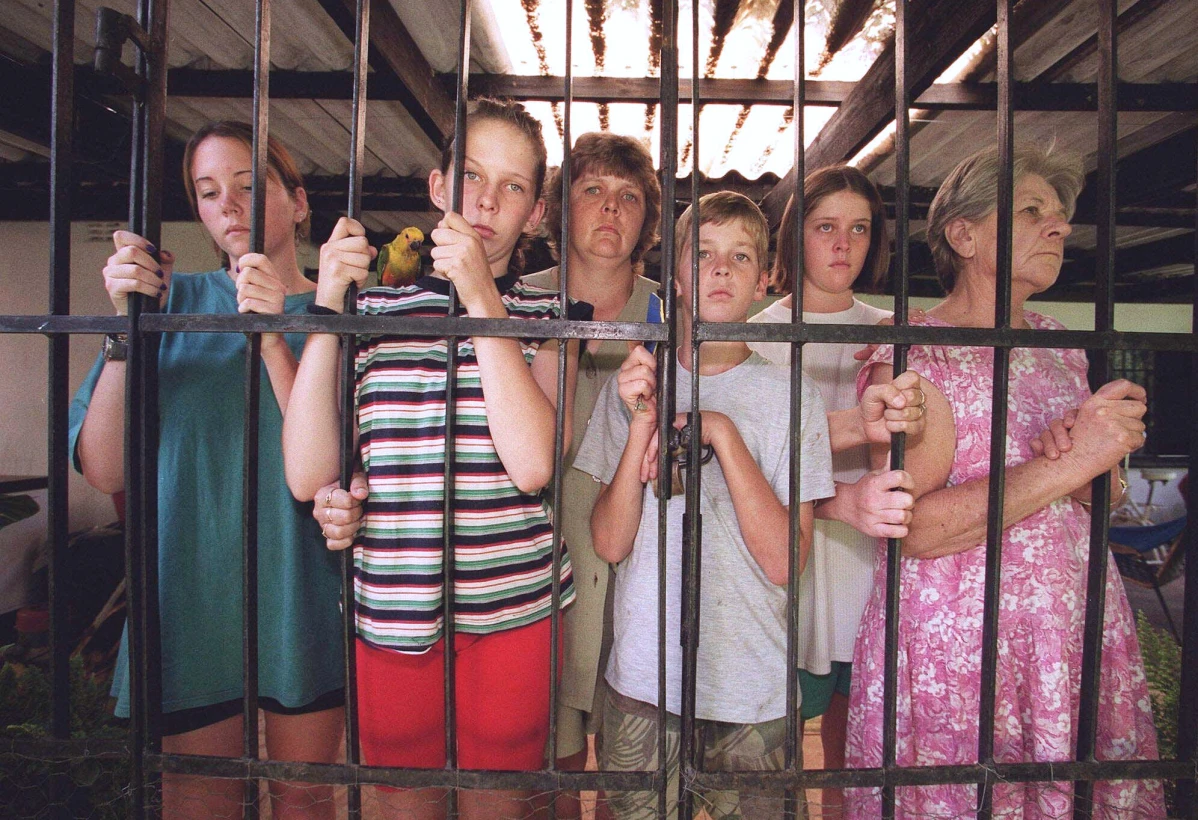HARARE – The United States election observers said Zimbabwe lacked a “tolerant democratic culture” in which political parties were treated equally and citizens were allowed to vote freely.
The International Republican Institute and National Democratic Institute released their critical joint statement hours before President Emmerson Mnangagwa was due to take the oath of office on Sunday following Zimbabwe’s July 30 election.
Mnangagwa was sworn in on Sunday after the Constitutional Court on Friday confirmed his victory, disputed by his main challenger Nelson Chamisa of the MDC Alliance.
The vote had been touted as a crucial step towards shedding Zimbabwe’s pariah reputation and securing international donor funding to revive the economy.
Chamisa maintained that he had won the first election since the ouster of Robert Mugabe last November and said Chief Justice Luke Malaba had foiled his bid to subpoena the Zimbabwe Electoral Commission to provide access to a server which he said contained critical data to bolster his case.
The US observers also said in their statement that Zimbabwe’s security forces must refrain from use of excessive force during this politically sensitive period.
The observers said a full assessment of Zimbabwe’s electoral process “must also consider the election’s broader historical context”, adding: “For Zimbabwe, this context includes 18 years of political intolerance, electoral violence, and exceptionally limited opportunities for political competition.
“Extraordinary measures were required to overcome hindrances to electoral integrity and to establish confidence among the electorate that voters could cast a ballot freely without coercion or fear of retribution, and that contestants would compete on a relatively level playing field.”
Zimbabwe’s pre-election period “did not make that mark”, the observers said.
“Election Day was peaceful and relatively orderly, though problems were noted, which require attention in such close elections. The immediate post-voting period was seriously marred by the actions of security forces on August 1 in Harare and by other acts of repression directed against opposition leaders.
“The ZIEOM therefore calls on all sides to rely on peaceful expression and to avoid acts or threats of retribution against political rivals following the Constitutional Court’s decision. The security forces, meanwhile, must refrain from use of excessive force during this politically sensitive period.
“The tremendous turnout of voters on Election Day demonstrated their will for a tolerant, peaceful and prosperous country. The country’s political leaders should honor those aspirations and recognize that the divided vote emphasizes the need for reconciliation and inclusive, responsive governance.
“Moreover, to address the flaws identified in the 2018 electoral process, steps are required to rebuild confidence in electoral institutions; to enhance the mandate and resources available to those bodies that can play a constructive role in investigating human rights violations and in promoting tolerance; and to ensure prompt and serious police investigations of allegations related to politically-motivated violence.”
And in a final assessment that will worry Mnangagwa, who needs United States support to access bailouts from multi-national institutions, the US observers said Zimbabwe lacked a democratic culture.
“Zimbabwe has not yet demonstrated that it has established a tolerant, democratic culture that enables the conduct of elections in which parties are treated equitably and citizens can cast their vote freely.,” they said.
The observers would issue their final report “in the near future detailing specific recommendations for consideration by Zimbabweans as part of their deliberations about adopting a reform agenda.”
















